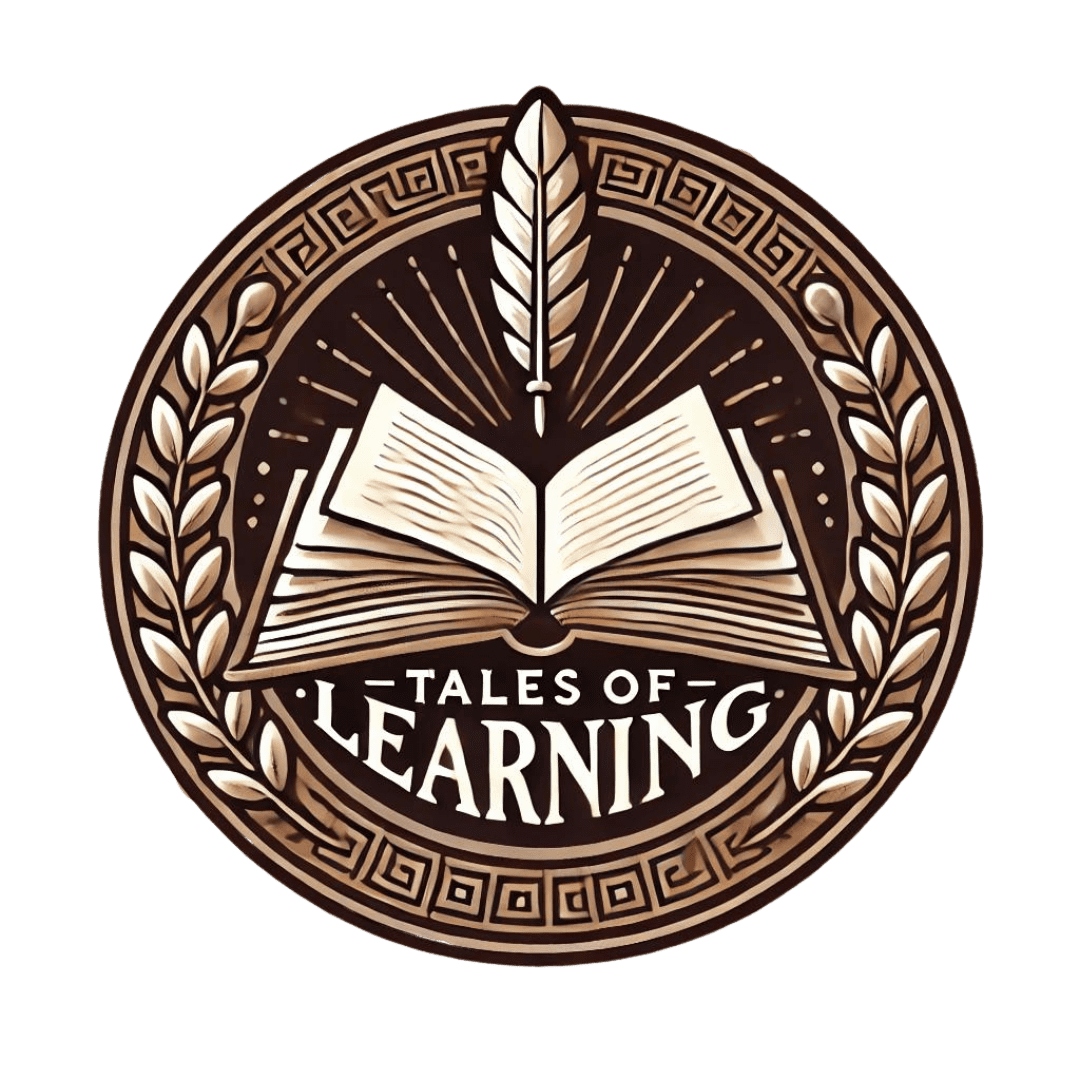Menu
Break the chains of a Fixed Mindset with the Tales of Learning.
Unleash your true potential through learning how to learn and halve the time you need to learn something.
Special educational offer: Purchase £200 / €250 / $250 worth of books on TGBBS and receive a free one-year digital account to enhance classroom learning. Submit proof of purchase via our contact page.
Take a look inside







